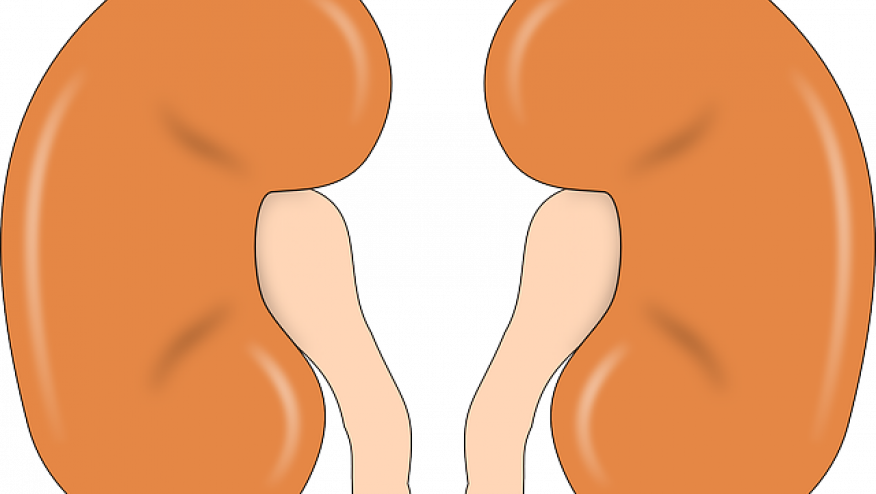MTX Toxicity in Older CKD Patients Save

You know this; you've taught this; but here's a good study documenting a higher risk of methotrexate (MTX) toxicity when used in the setting of older patients with chronic kidney disease (CKD).
Yesterday's JAMA published a higher 90-day risk of serious adverse events (SAE) in older adults with CKD taking low-dose methotrexate, compared to hydroxychloroquine.
Hydroxychloroquine (HCQ) was chosen as a comparator to MTX, as they both have similar indications and clinical use (rheumatoid arthritis, systemic lupus erythematosus, dermatomyositis, etc). Studied patients were primarily RA (~52%), with nearly one-quarter with atopic dermatitis and the rest having psoriasis, SLE, dermatomyositis and scleroderma.
This large, retrospective, cohort study from Ontario examined administrative EHR data and included 4618 propensity-matched adults (> 65 yrs old) with CKD (eGFR <60 mL/min/1.73 m2 but not on dialysis), who initiated therapy with low-dose methotrexate (n=2309) vs hydroxychloroquine, looking at the 90-day risk of serious toxicities. The primary endpoint (SAEs) included patients hospitalized for myelosuppression, sepsis, pneumotoxic effects, or hepatotoxic effects within 90 days of starting the study drug.
Standard doses of MTX (5-35 mg/wk) and hydroxychloroquine (200-400 mg/d) were compared.
The cohorts were mostly women (69%), with a median age of 76 yrs. SAEs were two-fold higher in those on MTX:
-
MTX: 3.55% (82/2309)
-
HCQ: 1.73% (40/2309) RR, 2.05 (95% CI, 1.42-2.96)
Toxicity risk increased progressively with:
- Lower eGFR (eg, eGFR <45 mL/min/1.73 m2: RR, 2.79 [95% CI, 1.51-5.13]).
- Higher MTX (15-35mg/wk) doses
Current prescribing guidelines recommend that methotrexate be started at a low dose in patients with CKD and that MTX dose adjustments be made in those with (or who develop) CKD. The pharmacokinetics are such that MTX is renally excreted and that clearance is slower in CKD and MTX half-life was 2-fold higher when the creatinine clearance less than 45 mL/min.
The potential for significant toxicty in older CKD patients needs to be weight against the benefits of low-dose methotrexate use in such patients.
Join The Discussion
I am more sensitive to methotrexate and CKD now. I lower the dose or discontinue it for anything with any GFR less than 60. I am more concerned with my elderly patients.. The alternative would be leflunomide which does not carry a contraindication with CKD.










If you are a health practitioner, you may Login/Register to comment.
Due to the nature of these comment forums, only health practitioners are allowed to comment at this time.